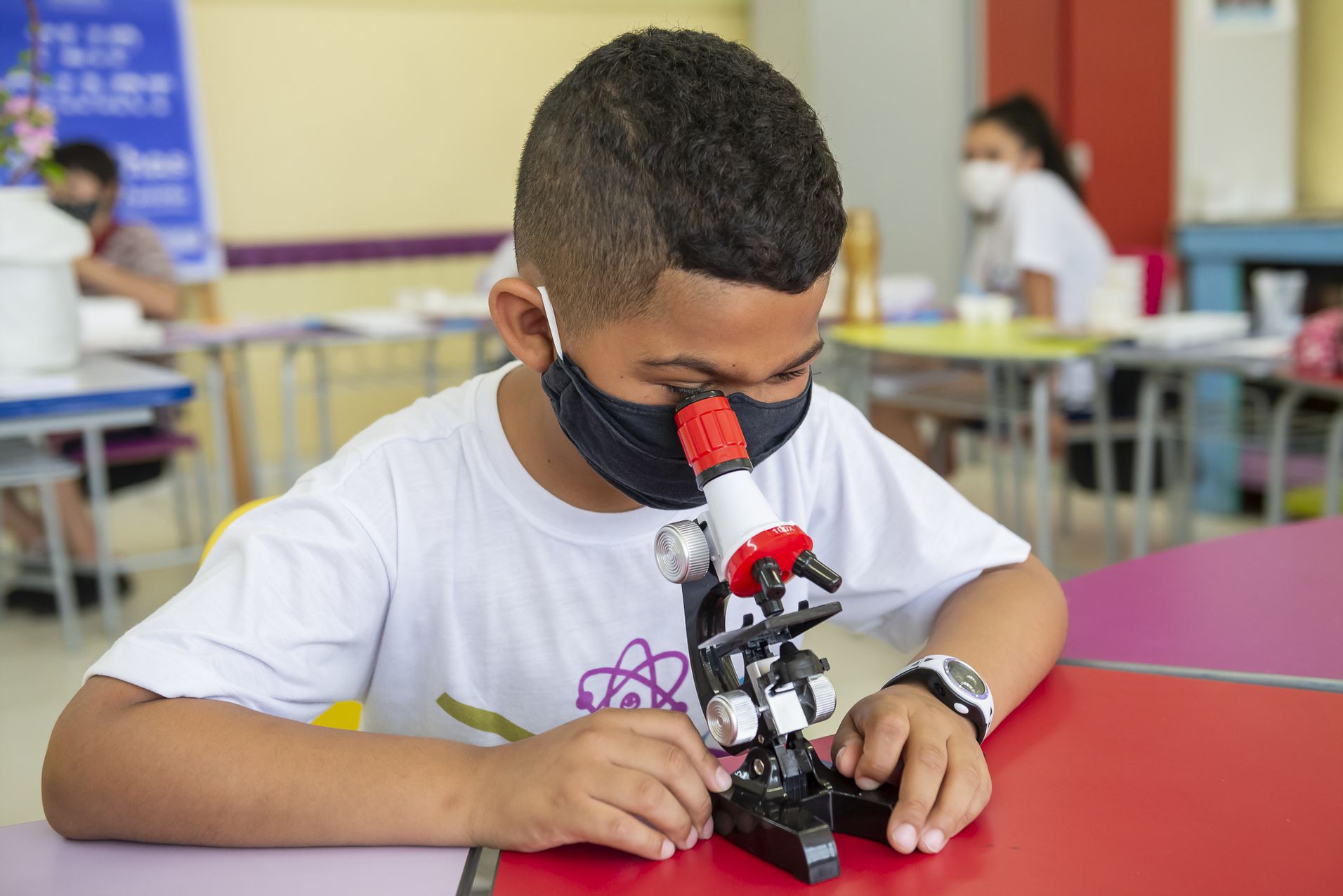The program began in 2013 in Veracruz (Mexico), Campana and San Nicolás (Argentina). Today it extends to 6 countries and 19 schools, reaching more than 2,200 primary and secondary school children.
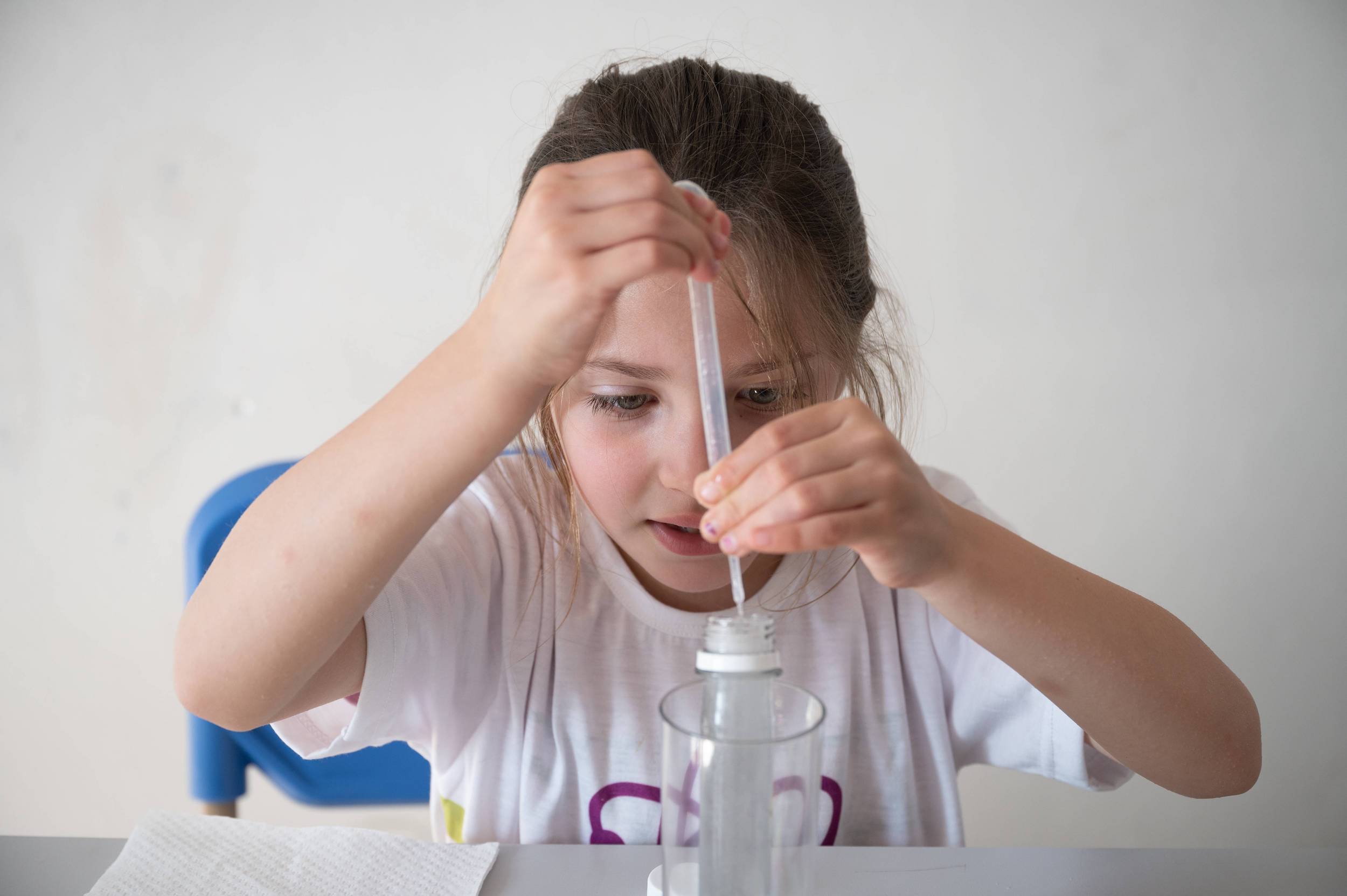
In September 2013, TenarisTamsa began training a team of professionals in the principles of experiential education, non-formal or extended-day learning, positive development, inquiry-based learning of science, art, and recreation, to create an environment conducive to learning, fun and with a strong community identity for children. What was the objective? To launch in Veracruz, Mexico, the global After School Program -called Extra Clase in the rest of the Latin American countries-, an educational initiative aimed at primary level students from the communities close to the company’s operations.
At that time, Marlene Gras, educational advisor of the Techint Group, commented: “After School is a new program of the Techint Organization whose pilots are being launched in Veracruz, Campana and San Nicolás simultaneously. We seek to provide children from 6 to 12 years of age a safe enrichment space where they can develop their skills and their basic social, emotional, and scientific competencies, unveiling their talents while having fun”.
The main objectives of the program were to increase attendance and reduce school dropouts, strengthen children's socio-emotional skills, and improve their academic results, to contribute to equal opportunities and ultimately to the well-being of the community.
In Veracruz, the institution chosen for the first instance of the Roberto Rocca After School program was “La Esperanza” Elementary School. Since participation is voluntary, educational communities that want to join the program because they value the proposal and have directors, teachers and parents who decide to commit to collaborating are always welcome.
Guadalupe Silva, at that time a first-grade teacher at that school, said: “The program brings very new ideas. I am really glad for this initiative to reach our school, since the economic level of the children is low, and they do not have easy access to this type of activities”.
After six months of executing the program, Rosa Lagrave, La Esperanza School’s director, affirmed: “We have seen improvements in the students’ school performance and in their behavior. The children are looking forward to After School, and many of the parents have been very helpful. Teachers are interested in joining the program as well.”
Cecilia Bilesio, Vice President of Tamsa A.C., said: “Through the Roberto Rocca After School program, we have managed to ensure that the girls and boys who participate get interested in learning, developing the main skills of the 21st century and, above all, feeling motivated to continue their studies, preferably in areas of sciences”.
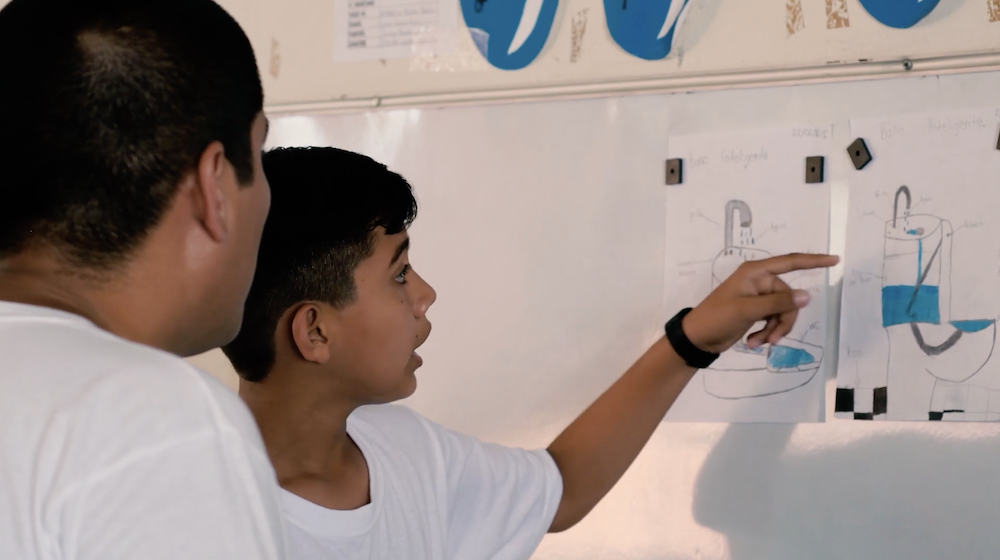
Roberto Rocca After School began in Mexico and today is present in 6 countries.
Also in Argentina
In Campana, Argentina, the program began in Schools No. 13 and No. 14, with the same spirit: that, through play, children learn science and strengthen their social and emotional skills linked to learning, to improve their school performance.
After listening to the boys and girls who had participated in the first edition of the program, and quoting Julio Cortázar, Amílcar Romeo, Assistant to the Tenaris Presidency for Social Development matters, said with a smile: "There is nothing more serious than a child playing”.
San Nicolás and Ramallo also had their first experiences with the program in 2013, at Schools No. 42 and No. 26 respectively, which were very well received by the educational communities.
In the words of Mario del Arco, Ramallo District Inspector: “After School is a very valuable contribution to the educational system. And not because the children spend more time at school, but because that time is invested in developing their motivations, interests and creativity. A quality proposal in non-formal education, which undoubtedly strengthened School No. 26”.
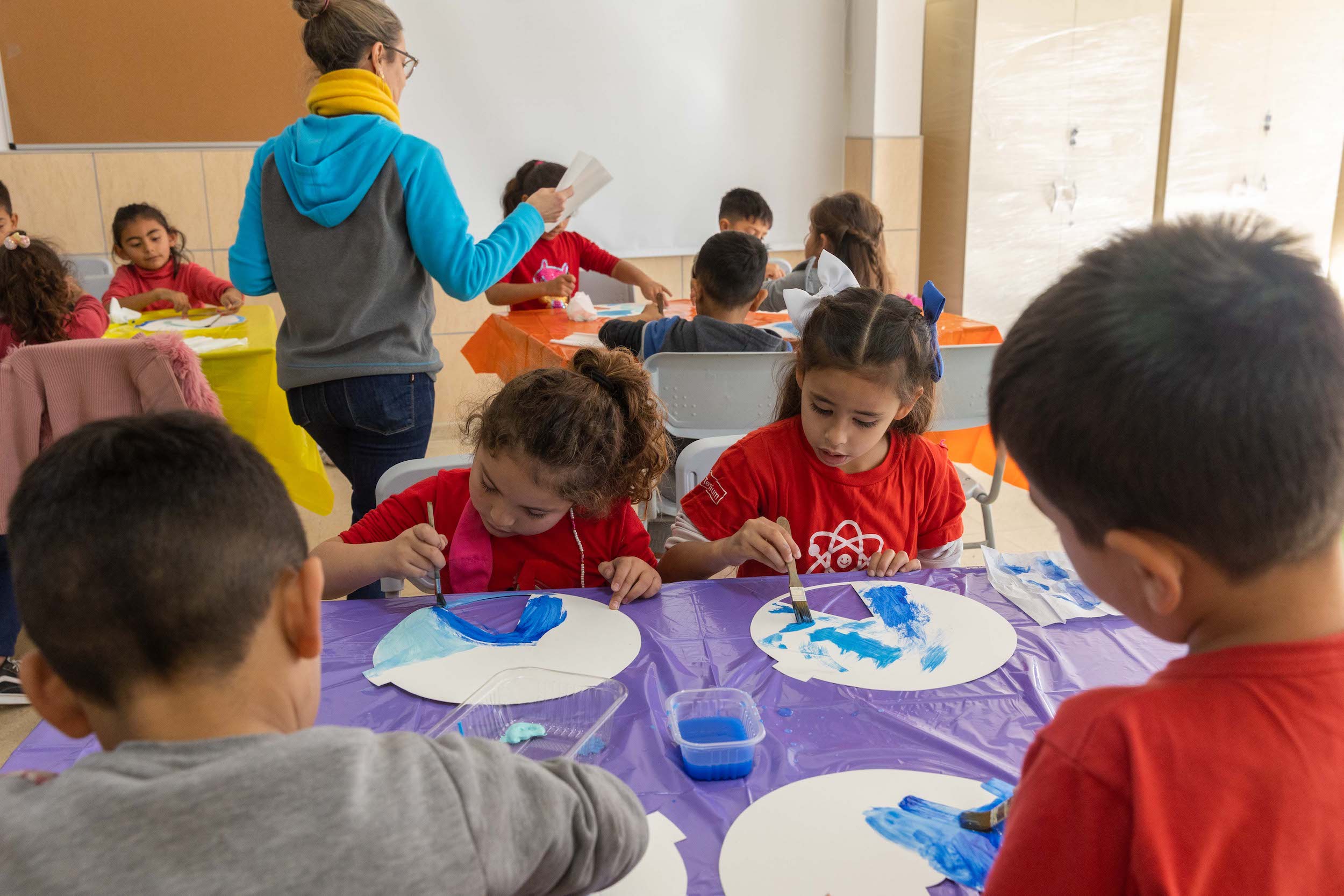
More than 2,200 children participate in the program.
Roberto Rocca After School today
Over the course of these 10 years, Roberto Rocca After School has matured and is poised to be a beacon of innovative practices in STEM education and the creation of environments conducive to learning.
In October 2022, the first edition of the program for the secondary level was launched in Pesquería, Mexico, with the participation of 438 students from six public schools, who travel to the ETRR facilities to carry out the activities.
Today, Roberto Rocca After School is present in 19 schools in six countries: Argentina, Brazil, Colombia, the United States, Mexico, and Uruguay. It has more than 2,200 students and more than 150 educators.
“The first decade of the Roberto Rocca After School program is an example of the Techint Group's long-term commitment to its communities: the program was born with a robust educational model, based on an in-depth analysis of what creates a gap, to successfully insert to full citizenship, the best practices worldwide, and scientific evidence”, says Bruna Bellis, global coordinator of Roberto Rocca After School Program. And it continues:
Today, the program continues innovating and being updated, considering local practices, the advancement of educational sciences and current realities. We integrated PBL as a methodology and as a culture, we expanded the offer of literacy and mathematics, we reached the secondary level and today we are a group of more than 150 educators who work and grow collaboratively."
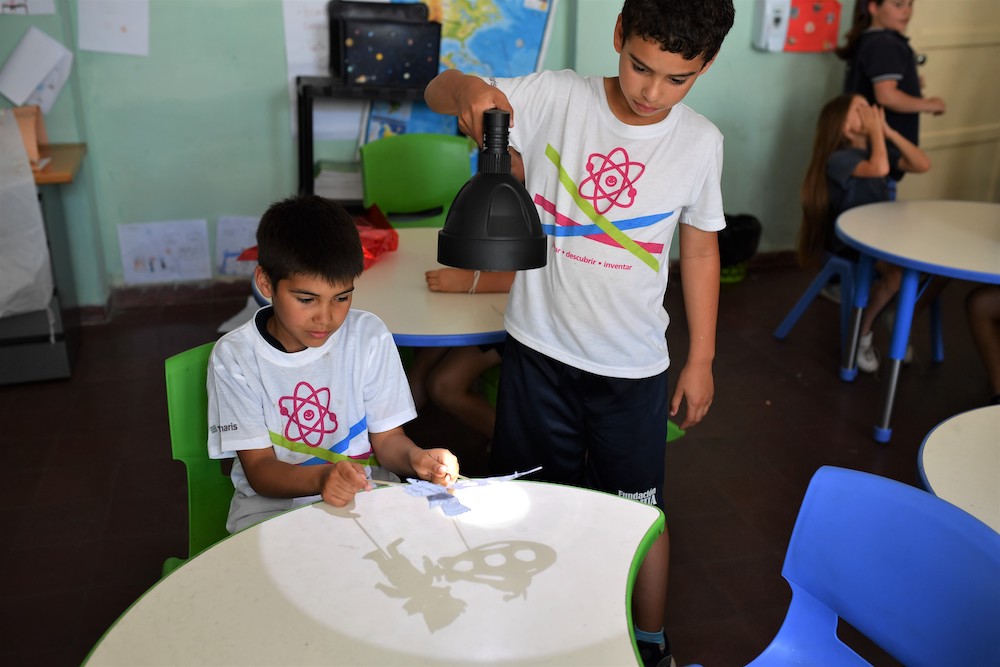
19 schools participate in Extra Class Roberto Rocca.
The curricula that make up the program are:
STEM
STEM education to transform student’s own reality as agents of change. Acquisition of scientific skills through inquiry and project-based learning with a focus on sustainability.
Mathematics and Language
Development of key academic skills for success in the academic career, in a fun, practical and collaborative way.
Arts and Recreation
Expression and movement through the discovery of the arts and recreation as part of a comprehensive development for healthy growth as individuals and in the community.
Life and Career
Providing opportunities to guarantee the effective transition to the next educational level and develop socio-emotional skills that allow them to build a full life trajectory and a community of alumni.
Tours and visits
Experiential learning to develop 21st century skills linked to the STEM curriculum.
